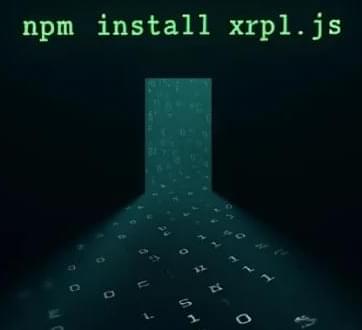AT&T has launched a new security feature called “Wireless Lock” that protects customers from SIM swapping attacks by preventing changes to their account information and the porting of phone numbers while the feature is enabled.
This new feature has been available for some customers for almost a year and has now been rolled out to all AT&T customers.
SIM swap attacks are when cybercriminals port, or move, a targeted phone number to a device under their control. This allows them to intercept the target’s calls, texts, and multi-factor authentication codes to breach further accounts, such as email, banking, and cryptocurrency wallets.








